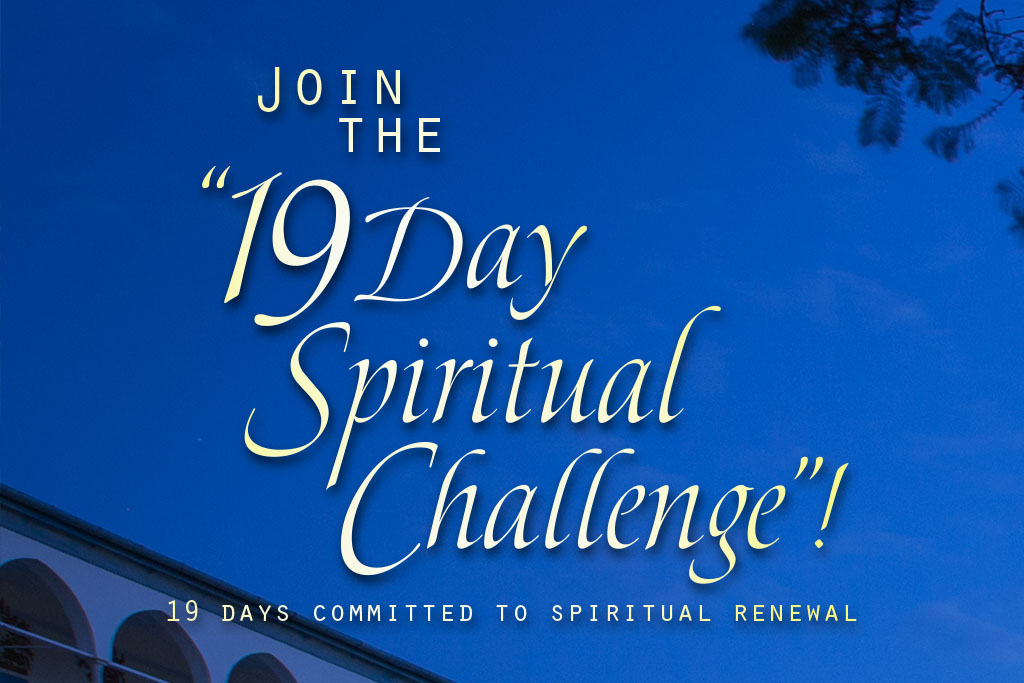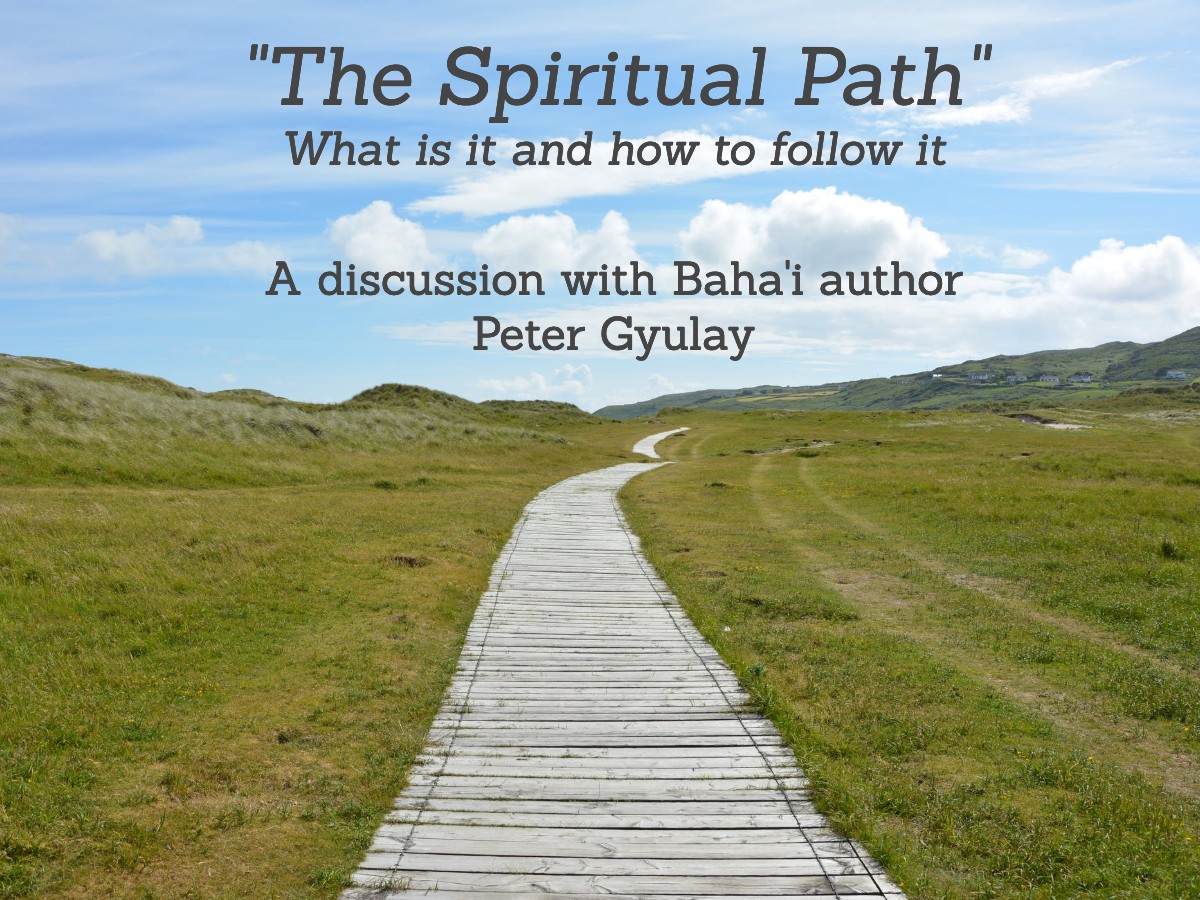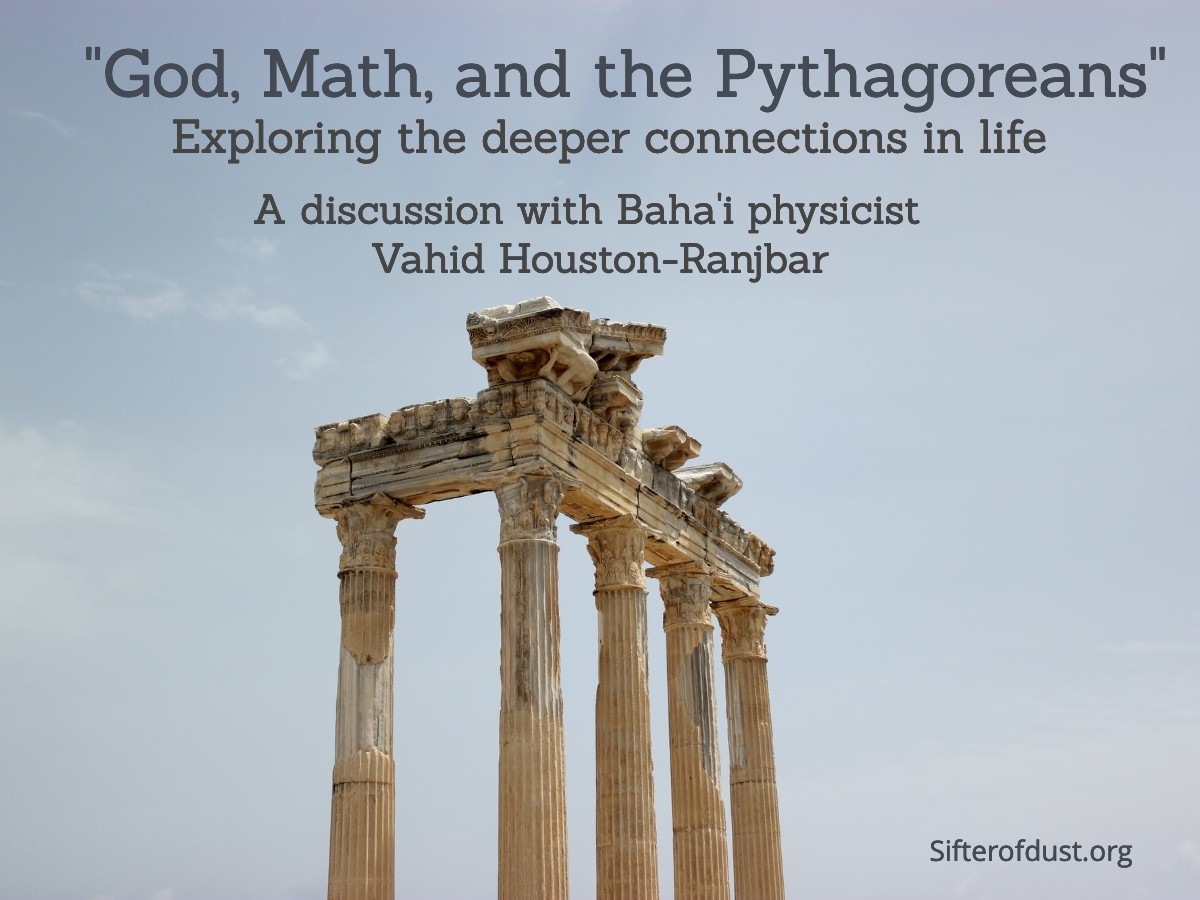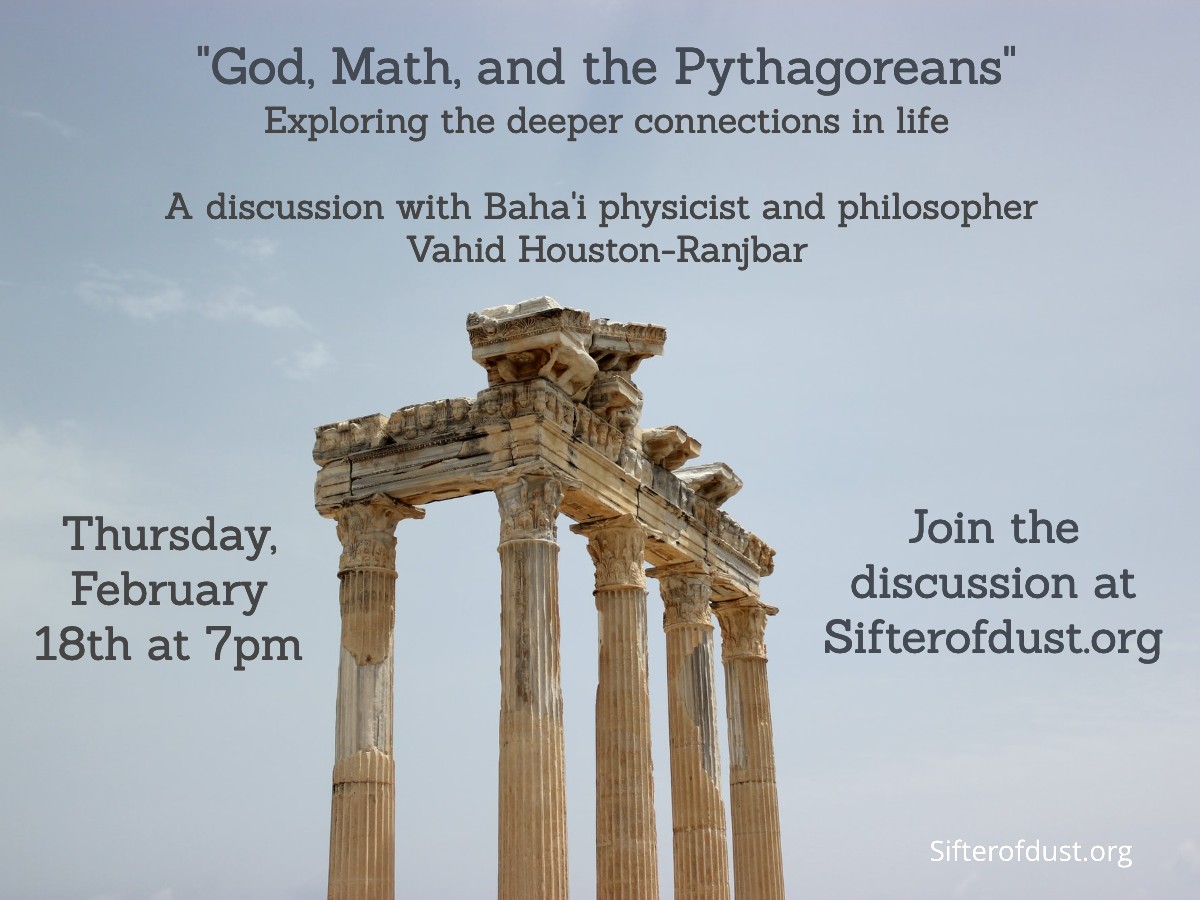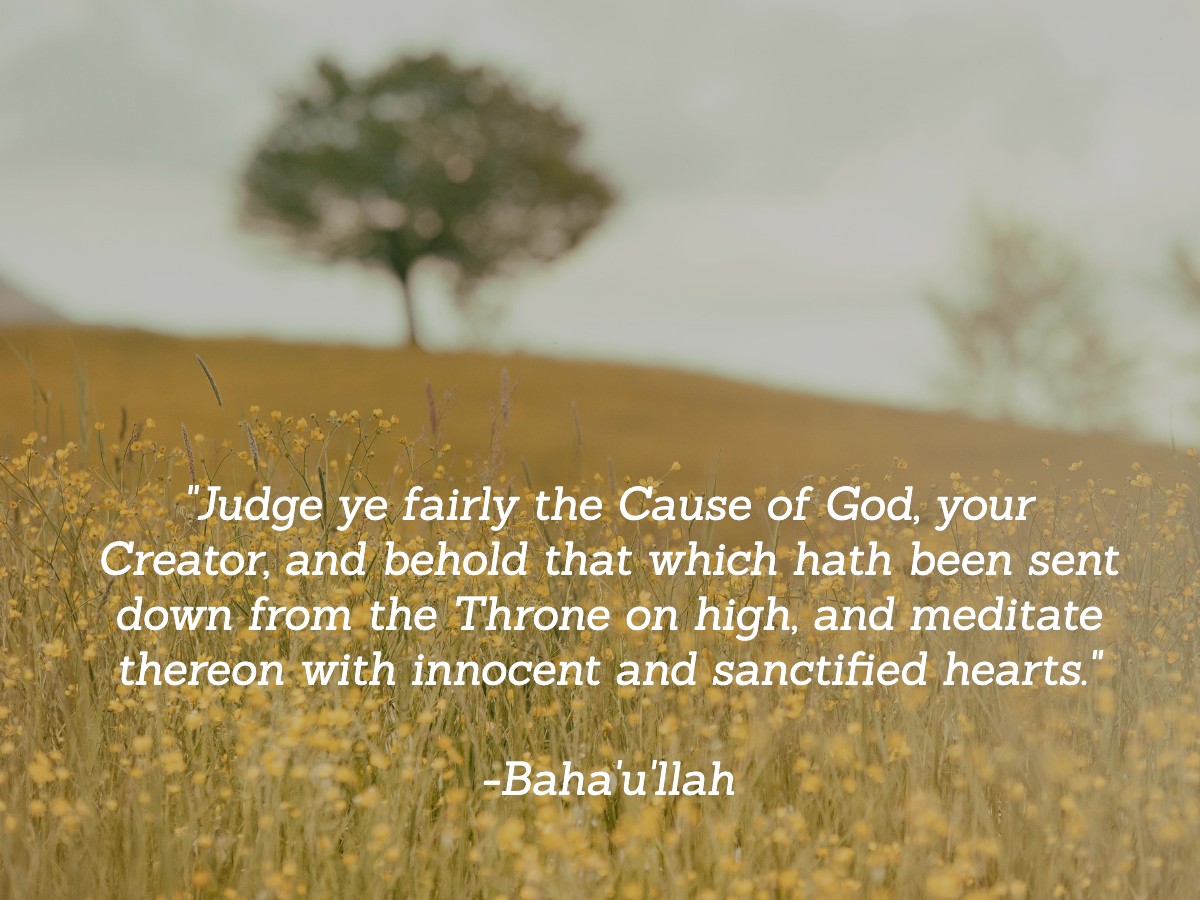There is a famous saying attributed to the Prophet Muhammad, in the most honored collection of “Hadith”, in which God speaks directly to humanity and says “I was a hidden treasure and desired to be known, therefore I created all that exists in order to be known”.
We come to this question- what is the love of God? This saying and many other statements from the scriptures of these three great religions suggest that it is a natural and fundamental expression of our humanity. In one of His talks,`Abdu’l-Bahá explained that the “divine love” manifests itself in all creation, but the manner it expresses itself is different for each kingdom of existence. For instance, in the mineral kingdom, it manifests itself as the power of attraction, in the plant kingdom, as the power of growth, in the animal kingdom, the power of sensation, and in the human kingdom, the natural attraction that occurs between people and our love of God. Of course, these things also have organic reasons, based on the rules of physics, chemistry, and biology, but these are just describing how it acts, not what it is intrinsically.
`Abdu’l-Bahá points out that the integration of various elements and substances is what produces life, and that their disintegration is death. The same is true on a family or societal level- love produces unity and life, it’s absence is disintegration and death. Therefore, love is the ultimate cause of life, manifested in the various levels of creation.
The highest form of love for humans is the love of God and it is towards that our minds and hearts should be directed. It’s a natural human feeling. We express in the way that we can, at the level of our “kingdom” of existence, in our own way, but the expression of the love of God is universal in all creation.
Consider the following quotes:
“Love was the reason for there being a creation, as stated in the famous tradition, “I was a hidden treasure, and loved that I be known, and thus created My creation that I might be known.” Therefore must all come together in the law of love divine such that no odor of dissension be diffused amid the friends and companions in God. Having set their gaze on love, all men shall act as one, such that disunion will be seen in none. All share in fortune and in ill, in profit and in woe, in hardship and in ease. It is Our hope that the breeze of unity be borne from the city of the Lord, and that He adorn all with the raiment of oneness, of love and of detachment.”
(Baha’u’llah, provisionally translated by Joshua Hall at joshuahalltranslations.com)
“Know thou of a certainty that Love is the secret of God’s holy Dispensation, the manifestation of the All-Merciful, the fountain of spiritual outpourings. Love is heaven’s kindly light, the Holy Spirit’s eternal breath that vivifieth the human soul. Love is the cause of God’s revelation unto man, the vital bond inherent, in accordance with the divine creation, in the realities of things. Love is the one means that ensureth true felicity both in this world and the next. Love is the light that guideth in darkness, the living link that uniteth God with man, that assureth the progress of every illumined soul. Love is the most great law that ruleth this mighty and heavenly cycle, the unique power that bindeth together the divers elements of this material world, the supreme magnetic force that directeth the movements of the spheres in the celestial realms. Love revealeth with unfailing and limitless power the mysteries latent in the universe. Love is the spirit of life unto the adorned body of mankind, the establisher of true civilization in this mortal world, and the shedder of imperishable glory upon every high-aiming race and nation.
O ye beloved of the Lord! Strive to become the manifestations of the love of God, the lamps of divine guidance shining amongst the kindreds of the earth with the light of love and concord.”
(From Selection from the Writings of `Abdu’l-Bahá)
Source of discussion above- “Foundations of World Unity, `Abdu’l-Bahá, chapter on “Divine Love”, available at www.bahai.org/library/. Enjoy the following passage at bahaiblog.net.
“For love of God and spiritual attraction do cleanse and purify the human heart and dress and adorn it with the spotless garment of holiness; and once the heart is entirely attached to the Lord, and bound over to the Blessed Perfection, then will the grace of God be revealed.” -Abdu’l-Baha


